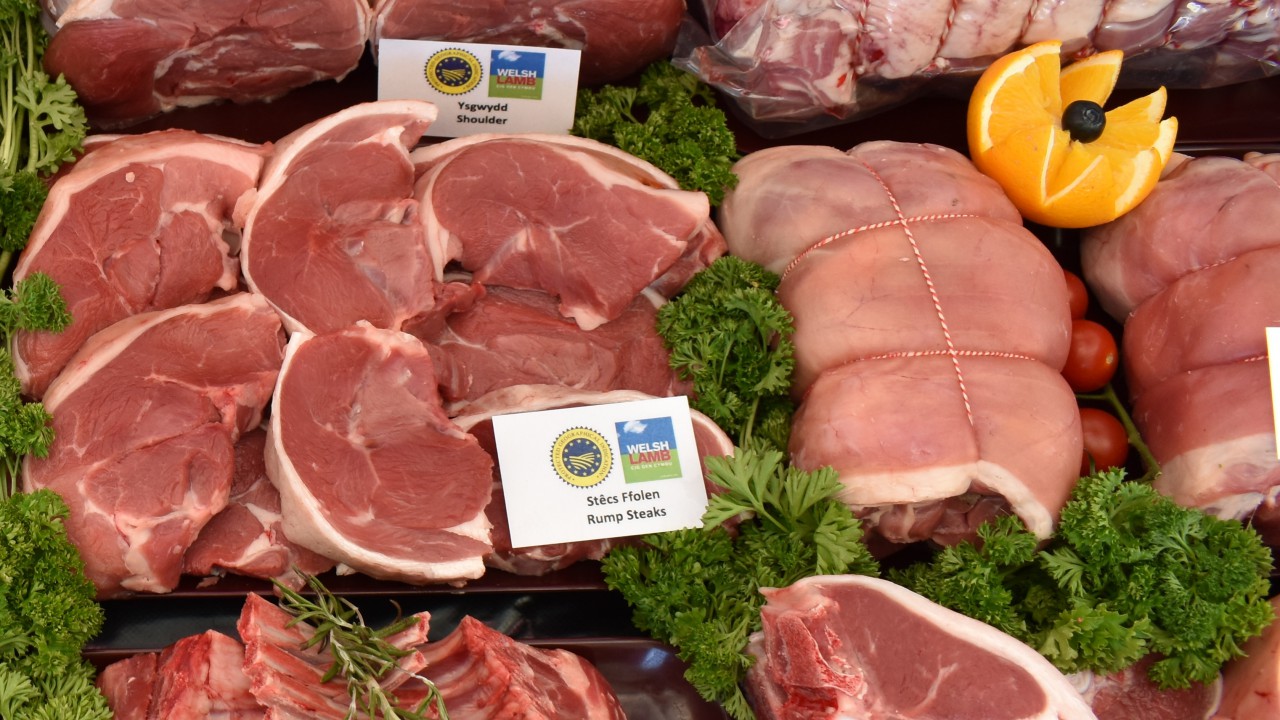An increase of 17% in lamb imports during September and November 2022 should serve as a “stark warning” to the UK government that Welsh producers need safeguards, the Farmers’ Union of Wales (FUW) has said.
The increase in lamb imports, revealed by 2022 UK trade data, is due to increased import volumes from New Zealand and Australia through trade deals, the union said.
FUW president Glyn Roberts said ministers, MPs and Lords who where “supportive of the UK government’s liberal approach to trade negotiations with New Zealand and Australia” at the time, told the Welsh sheep industry to not be concerned.
Roberts said the industry was told not to worry as the two countries were “well below the existing import quota limits and this was unlikely to change”.
“We warned then that this was a naïve or deliberately misleading point of view that failed to take account of how global markets, exchange rates and other factors could rapidly change, leading to increases in import volumes that have a negative impact on UK markets,” he said.
Roberts said the UK is now “locked into” the trade deals with New Zealand and Australia that will phase out import limits for key Welsh products altogether, with “few safeguards for our own producers”.
“These deals are seen as laughably liberal by other countries given the vanishingly small benefits the government’s own figures show they are likely to bring for the UK economy,” he added.
International trade
Roberts said the FUW was reiterating its longstanding call for the UK government to revise its policy on international trade, and place UK food security and standards at the top of its agenda.
This should be done, he said, particularly given the vulnerability of lengthy supply chains and reliance on imports exposed by the pandemic and Russia’s attack on Ukraine.
“The government’s own impact analyses make it clear that these deals will see production and prices undermined, with losses of hundreds of millions for the food and farming sector under certain scenarios,” he said.
“Such losses would be severely compounded if similarly liberal trade deals are signed with other countries we are currently negotiating with and may seek trade deals with in future.”

